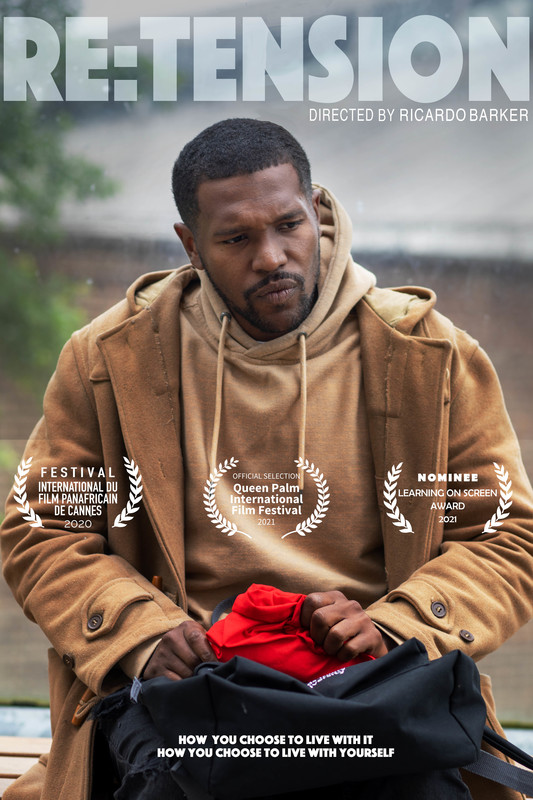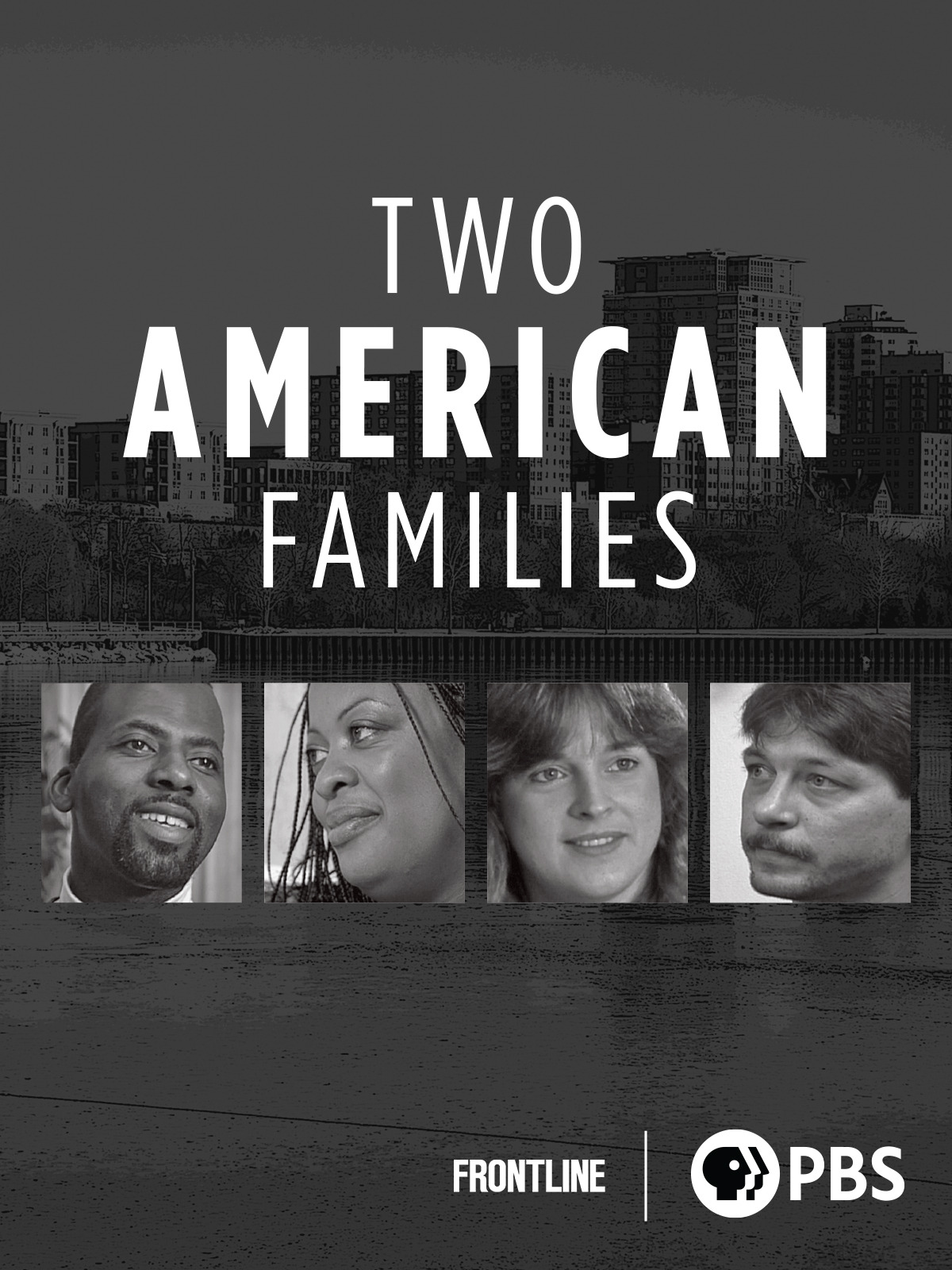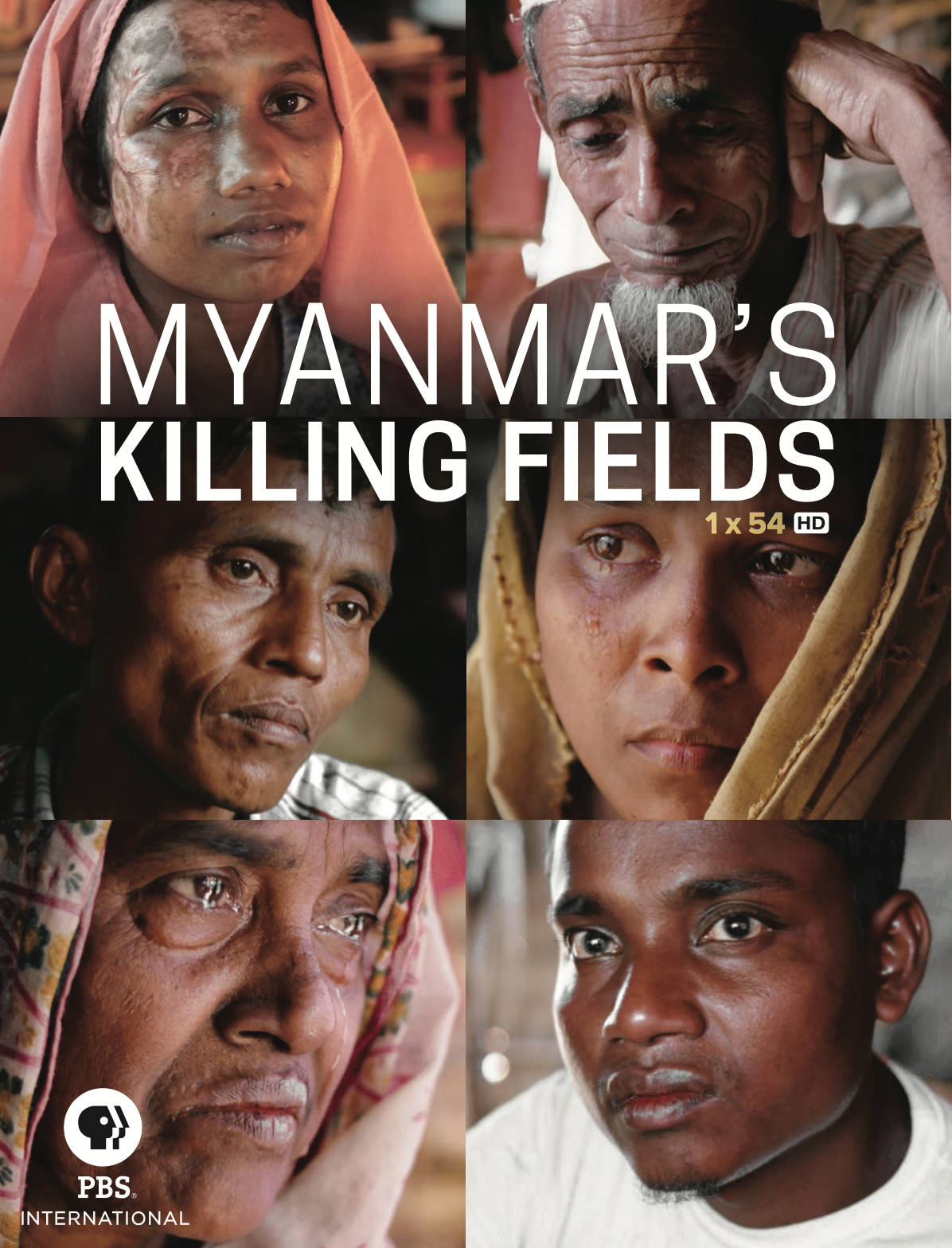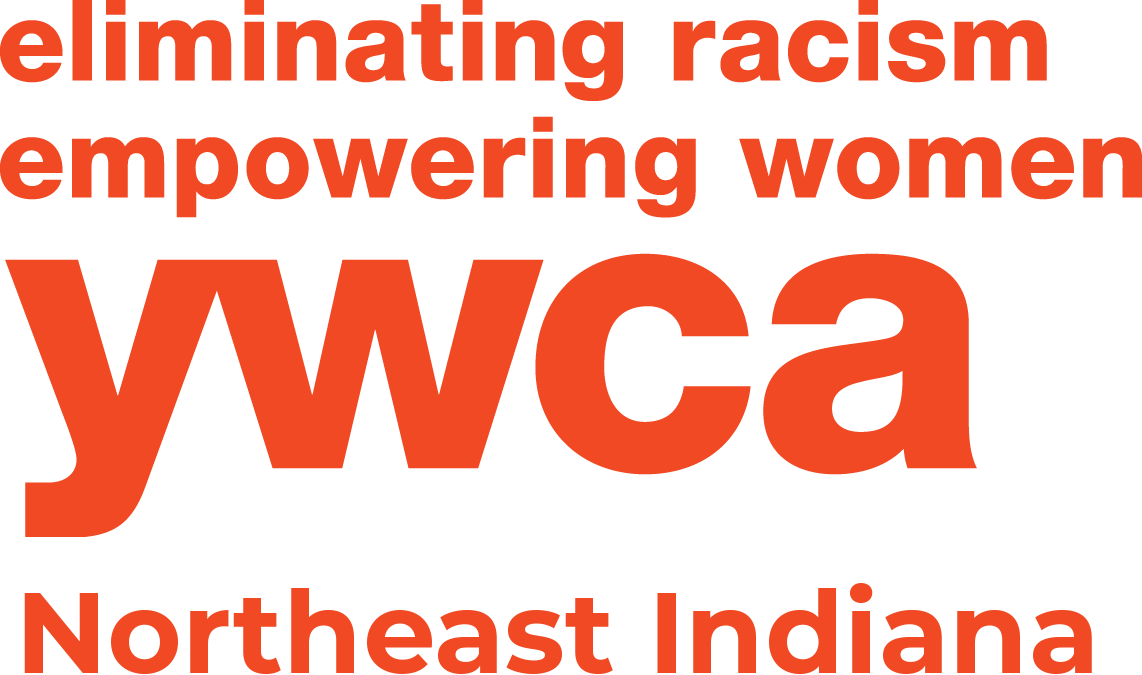
The Allyship & Film Series project is a partnership between YWCA Northeast Indiana’s Racial Justice program and Fort Wayne Cinema Center. The goal of the film and discussion series is to:
- Create space for viewers to develop empathy and understanding of diverse cultures
- Model ways for viewers to practice allyship for other communities
- Promote the voices and stories of marginalized groups, including local stories
- Educate viewers through specialized scholar facilitation and thought-provoking community discussion
All programming will take place at the Fort Wayne Cinema Center located in downtown Fort Wayne. Cinema Center is easily accessible via local bus routes and also has a parking lot across the street. Films will be shown in the Spectator Lounge, which is a secondary theater that is easily accessible from the entrance of the building and includes the box office.

Re:Tension (UK)
Saturday, May 25th at 2:00pm
About the film: Re:Tension follows Thapelo, a bright and capable university student, on a day where he is unwittingly forced to question the judgements of his tutors and peers, and delve deeper into his own actions, choices, and beliefs.
Re:Tension addresses the topic of institutional racism and the gap in student retention among BAME (Black, Asian and Minority, Ethnic) students within British universities. The film was inspired by analyzing statistical data that highlighted the unexplained dropout rate of BAME students.
The film attempts to provide a real insight into unconscious racial harassment within the higher education system and micro-aggressions that often go unnoticed
About the Q&A: Dr. Diana Jackson-Davis, PhD is the Director of Diversity and Inclusion at Parkview Health and has agreed to be the presenting scholar for the event, and Cinema Center’s Director, Art Herbig, PhD, will act as facilitator. Dr. Jackson-Davis was born in England, spent time in her parents’ homeland of Nigera and can speak to the specific context of the film and help relate it to a Fort Wayne audience. She also has her doctorate in education and multiculturalism, which is central to the focus of the film. The goal of this post-film discussion and Q&A is to open the door for community conversations about race, higher education, and the way unconscious bias can contribute to micro-aggressions and other racial harassment that damages a community and negatively impacts allyship.

Two American Families
Saturday, June 29th at 2:00pm
About the film: Since 1992, Bill Moyers has been following the story of two ordinary, hard-working families in Milwaukee — one black, one white — as they battle to keep from sliding into poverty. A remarkable portrait of perseverance, Two American Families raises unsettling questions about the changing nature of the U.S. economy and the fate of a declining middle class.
About the Q&A: We welcome Tom Lewandowski of the Worker's Project, and will be joined virtually by Frontline film producers Kathleen Hughes and Tom Casciato. The goal of this Q&A and post-film discussion is to explore poverty as something that exists in all communities. It can be easy to objectify people in poverty, but allyship to people living in poverty is treating them as human beings and understanding that poverty is caused by many things and not only the direct result of someone’s actions. A goal of the discussion will be to help viewers identify how easy it can be to enter poverty and how hard it is to exit.

Myanmar's Killing Fields
Saturday, July 20th at 2:00pm
About the film: Secret footage and eyewitness accounts shine new light on a brutal campaign by the Myanmar military against Rohingya Muslims — an effort that has been described by both the United Nations and the United States as “ethnic cleansing.”
About the Q&A: The goal will be to emphasize allyship with the Burmese community. Dr. Herbig plans to host a conversation that provides context to learn about what it’s like living here as a Burmese immigrant and the experience of Burmese immigrants in our community. There are not many opportunities for an in-depth glance into Burmese history and culture despite the large Burmese population in northeast Indiana (20,000). Promoting awareness and understanding of this key cultural group is essential for members of our community in their practice of allyship.
This program has been made possible through a grant from Indiana Humanities and the National Endowment for the Humanities.

